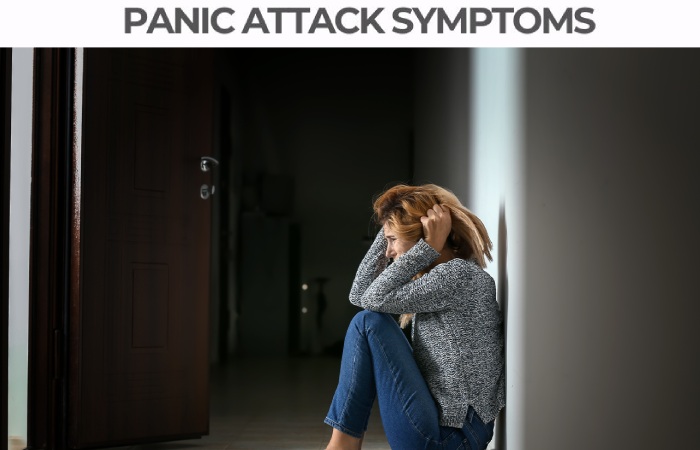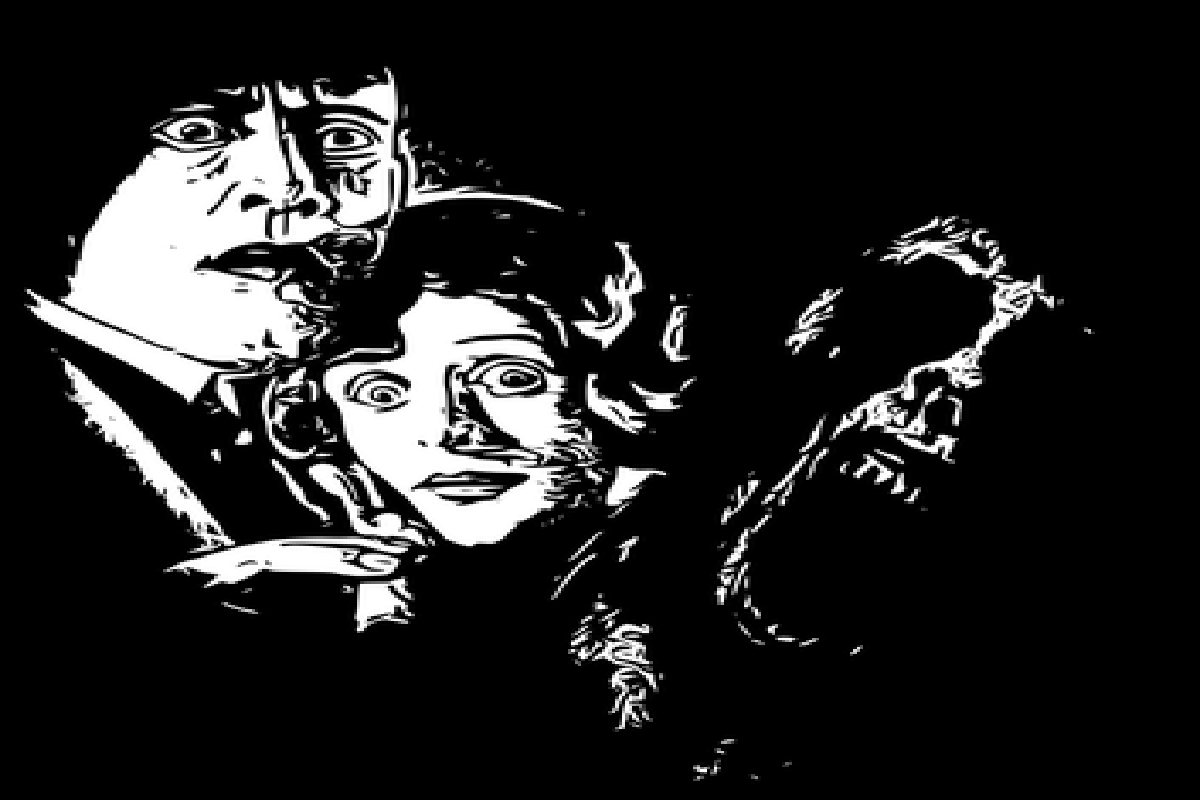Table of Contents
Panic Attack Definition
A panic attack is a sudden feeling of intense fear or anxiety and physical symptoms based on a perceived threat rather than immediate danger.
Panic attacks can be very frightening. When you have a panic attack, you may feel like you are losing control, having a heart attack, or even dying.
The majority of people have one or two panic attacks in their life, and the problem can go away when a stressful situation resolves. However, suppose you have recurring and unexpected panic attacks and spend a lot of time in constant fear of another attack. In that case, you are probably suffering from a condition called “panic disorder.”
Although panic attacks by themselves are not life-threatening, they can be very frightening and dramatically affect your quality of life. However, treatment can be very effective.
Causes of Panic Attack
The cause is unknown, although genes play a vital role. Other family members may have the disorder. However, panic disorder often occurs when there is no family history.
Panic disorder is twice as common in women as in men. Symptoms usually start before the age of 25 but can appear before the age of 35. Panic disorder can also occur in children, but it usually goes undiagnosed until they are older.
Symptoms of a Panic Attack

Panic attacks usually start suddenly, without warning. They can appear anytime: when you are driving, in a shopping mall, when you are sleeping soundly, or in the middle of a business meeting. You may also have occasional or frequent panic attacks.
Panic attacks come in many variations, but symptoms usually peak within a few minutes. Once the panic attack subsides, you may feel tired.
Panic attacks usually include any of these signs or symptoms:
- The feeling of danger or imminent death
- Fear of losing control or dying
- Tachycardia and palpitations
- Sweat
- Difficulty breathing or tightness in the throat
- Chills
- Hot flashes
- Sickness
- Abdominal cramps
- Chest pain
- Headache
- Dizziness, feeling light-headed, or fainting
- Numbness or tingling
- Feelings of unreality or disconnection.
One of the worst aspects of panic attacks is the intense fear that they happen again. This fear can be so fierce that it can cause you to avoid certain situations in which it might occur.
Complications of Panic Attack
If left untreated, panic attacks and panic disorders can affect almost any area of your life. You will be afraid of having more panic attacks that you live in a constant state of fear which ruins your quality of life. Panic attacks can cause or be related to the following complications:
- Manifestation of specific phobias, such as fear of driving or leaving home
- Frequent medical care for health problems and other illnesses
- Rejection of social situations
- Problems at home and School
- Depression, anxiety disorders, and other psychiatric disorders
- High risk of suicide or suicidal ideation
- Inappropriate use of alcohol or other substances
- Economic issues
For some people, panic disorders include agoraphobia, which involves avoiding places or situations that trigger anxiety for fear of not escaping or asking for help if you have a panic attack. Or you become dependent on other people to accompany you if you leave your home.
Also Read: Whole Foods – Whole Foods Vs. Processed Foods, Benefits, Save Money
Prevention of Panic Attacks
There is no sure way to avoid panic attacks or panic disorders. However, these recommendations can help.
Seek treatment for panic attacks as soon as possible to prevent them from getting worse or becoming more frequent. Follow your treatment plan to help prevent relapses or worsening panic attack symptoms.
Get regular physical activity because it can help protect you from anxiety.

